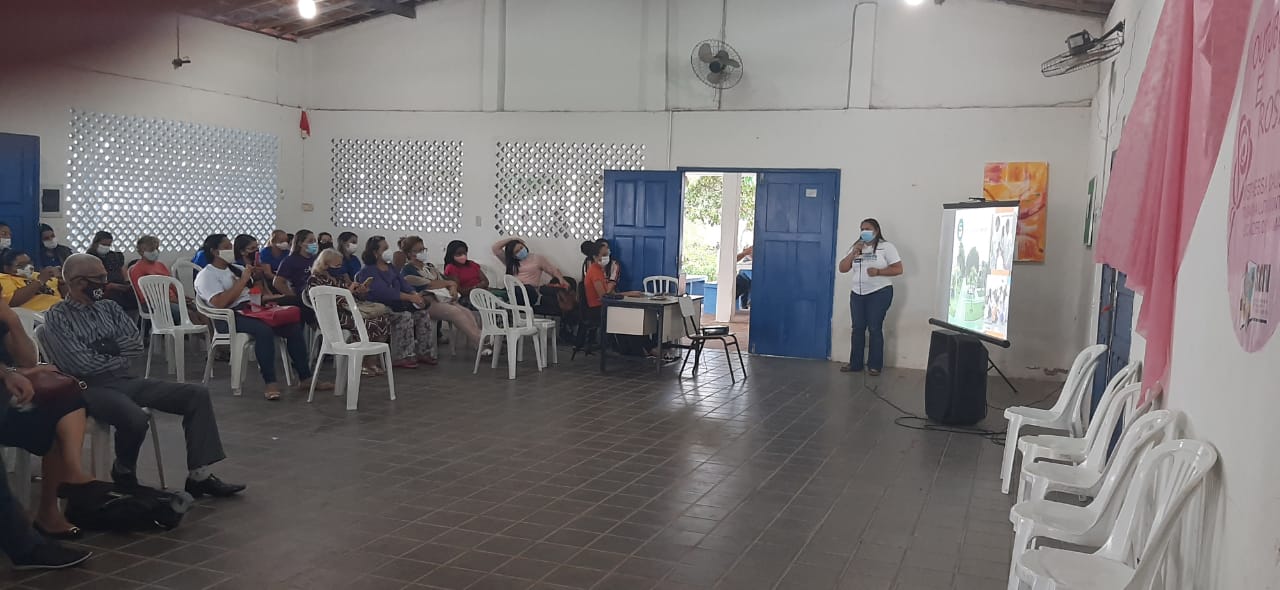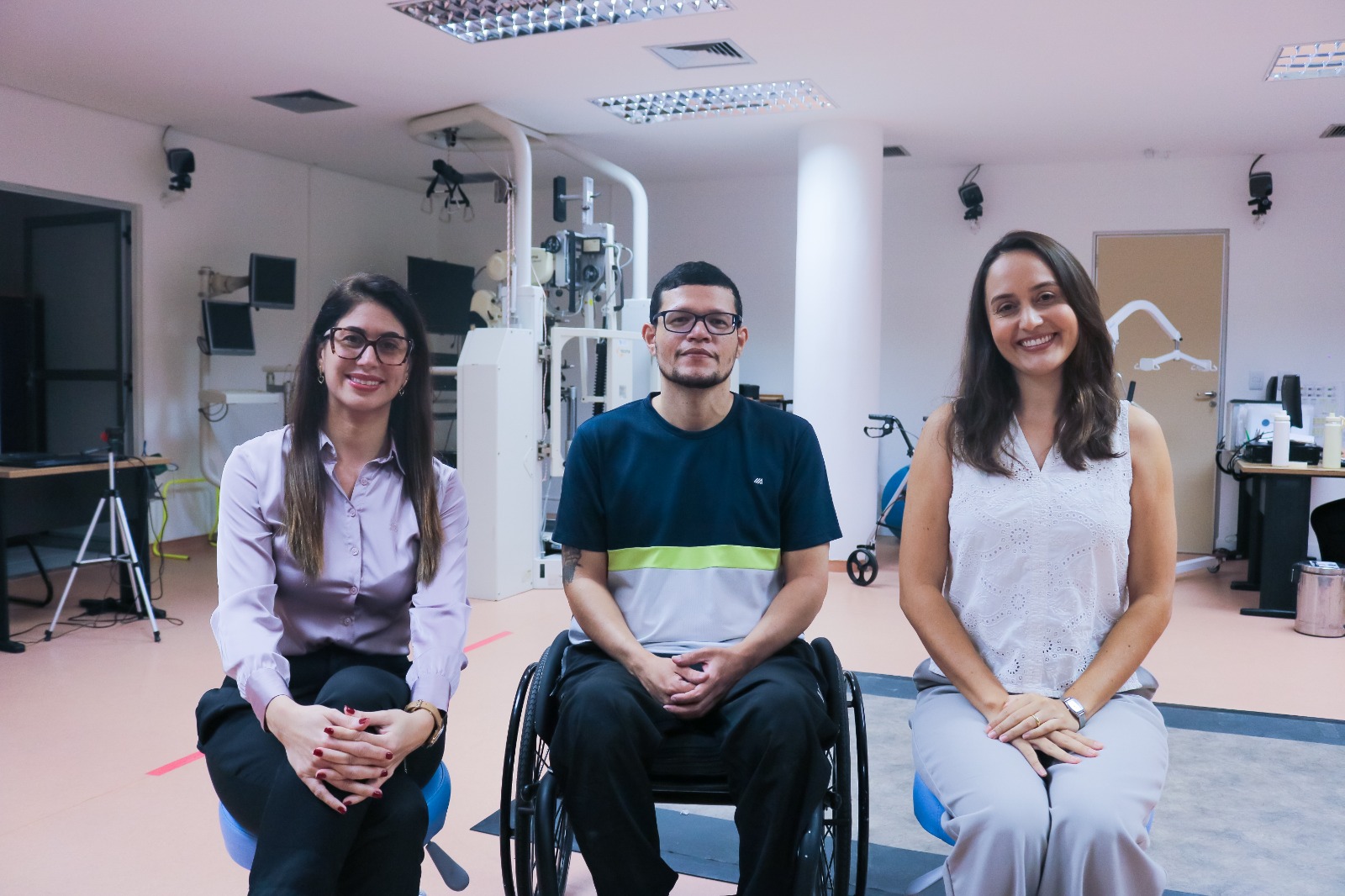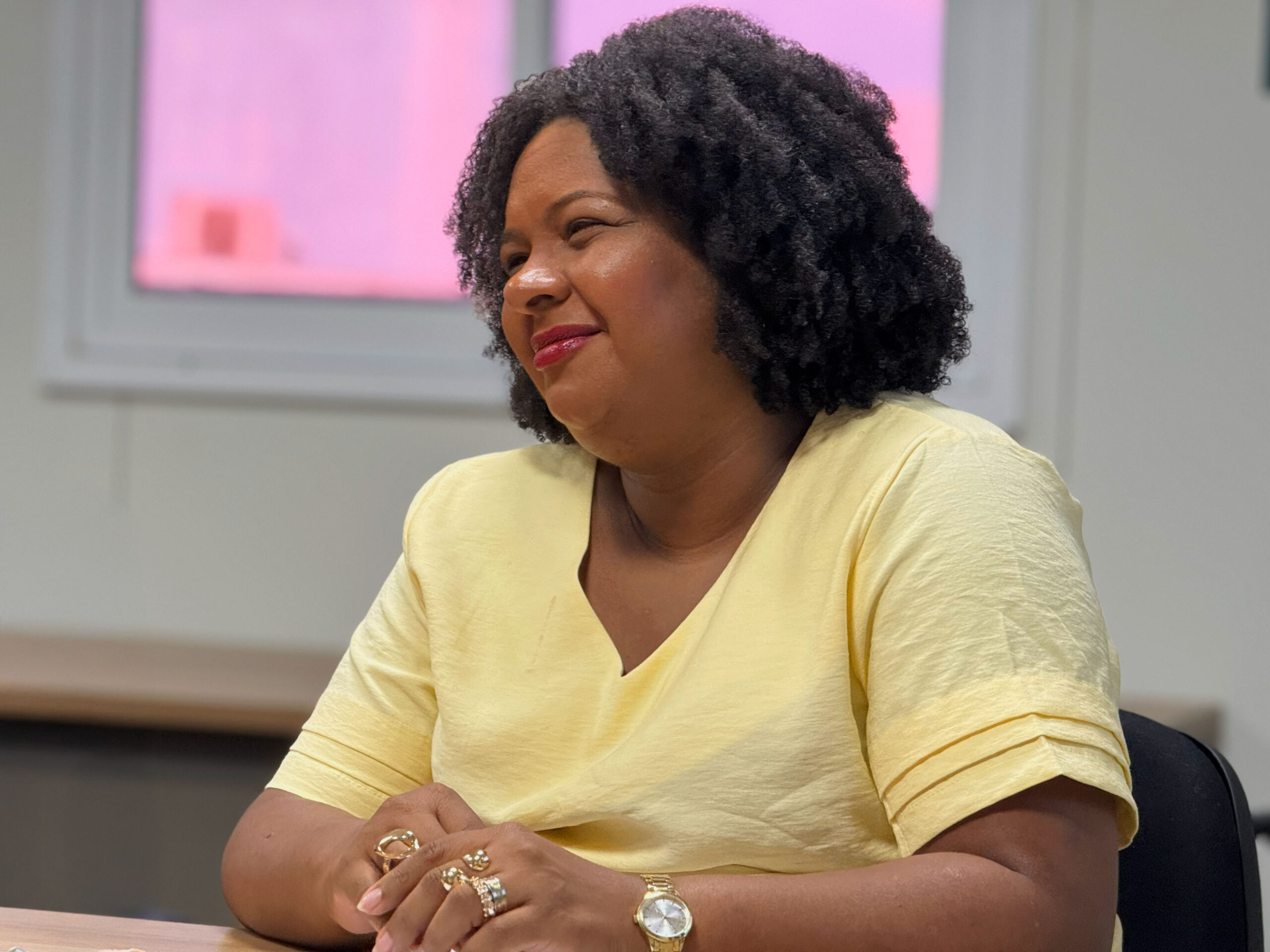With the aim of strengthening public policies aimed at people with disabilities, the Municipal Department of Labor and Social Assistance of Macaíba promoted this Monday, October 25th, the “1st Macaíba Inclusion Seminar: A dialogue on guaranteeing rights of people with disabilities.” The event, arising from a demand presented by the Macaibense Association of the Disabled (AMAD), was attended by the Santos Dumont Institute (ISD), through the multi-professional social worker preceptor, Alexandra Lima.
According to data from the National Health Survey of the Brazilian Institute of Geography and Statistics (PNS-IBGE) Base Year 2019, Rio Grande do Norte has approximately 303 thousand people with some type of disability (visual; hearing; motor of upper or lower limbs; and mental or intellectual). In Brazil, according to the publication, 17.3 million people aged two years or more (8.4% of this population) had one of the deficiencies investigated, and around 8.5 million (24.8%) of elderly people were in this condition . In the country's population aged 2 years and over, 3.4% (or 6.978 million) had visual impairment; 1.1% (or 2.3 million) were hearing impaired and 1.2% (or 2.5 million) were mentally disabled.
The event, held at the Elderly Community Center (CCI), had the participation of representatives from the Municipal Departments of Education, Health and Environment and Urbanism, the creation of the Municipal Council for the Rights of Persons with Disabilities was discussed, with a forecast of installation in December 2021. The project that creates the Council is currently being processed at the Macaíba City Council.
Alexandra Lima, representing ISD, spoke about the experience of service at the Specialized Rehabilitation Center (CER IV ISD) and the rights and benefits for people with disabilities. In addition to being a reference center to serve patients in the Metropolitan Region of Natal, ISD also has the first Multidisciplinary Residency program in Health Care for People with Disabilities in Brazil, which trains professionals from different areas to care for this condition. population.
“There is a representation of this segment, since in RN more than 27% of the population have some type of disability. The Council, when created, aims to guarantee compliance with the rights of people with disabilities and has the participation of the state and civil society. We want rights to be respected and public policies to be implemented. The population with disabilities needs to have the same rights as people who do not have disabilities in all spheres: health, education, security and mobility”, highlighted the social worker.
Issues relating to architectural barriers imposed on blind people and wheelchair users were mainly the subject of a talk by radio host Ronaldo Tavares, who is blind. He spoke about the challenges of accessibility for people with disabilities in the 21st Century.
Text: Ricardo Araújo / Ascom – ISD
Photograph: Ascom – Macaíba City Hall
Communication Office
comunicacao@isd.org.br
(84) 99416-1880
Santos Dumont Institute (ISD)
It is a Social Organization linked to the Ministry of Education (MEC) and includes the Edmond and Lily Safra International Institute of Neurosciences and the Anita Garibaldi Health Education and Research Center, both in Macaíba. ISD's mission is to promote education for life, forming citizens through integrated teaching, research and extension actions, in addition to contributing to a fairer and more humane transformation of Brazilian social reality.













